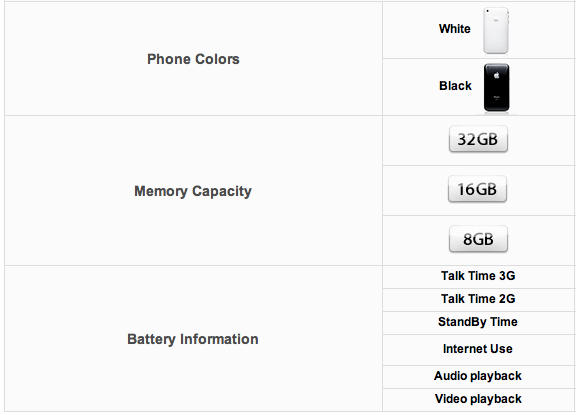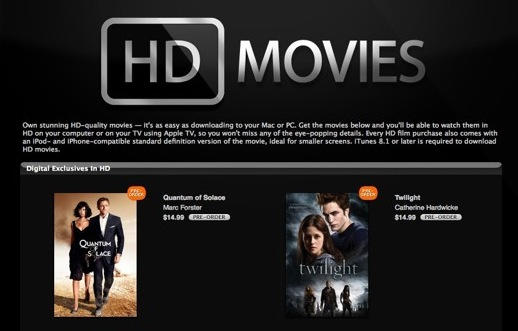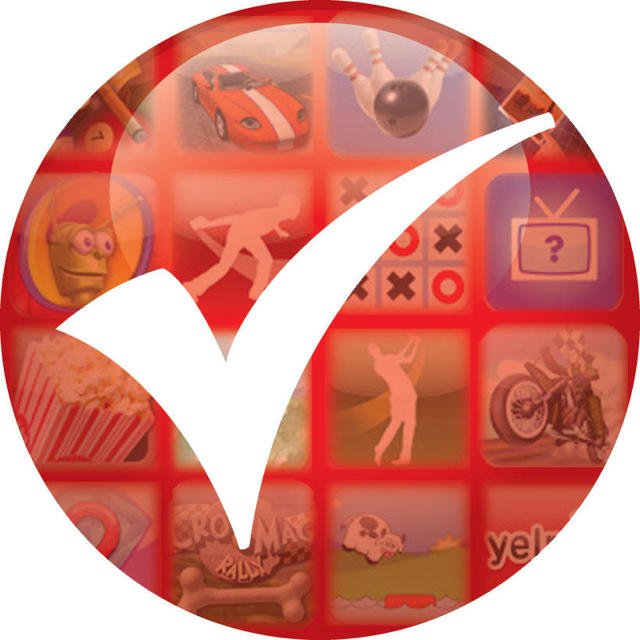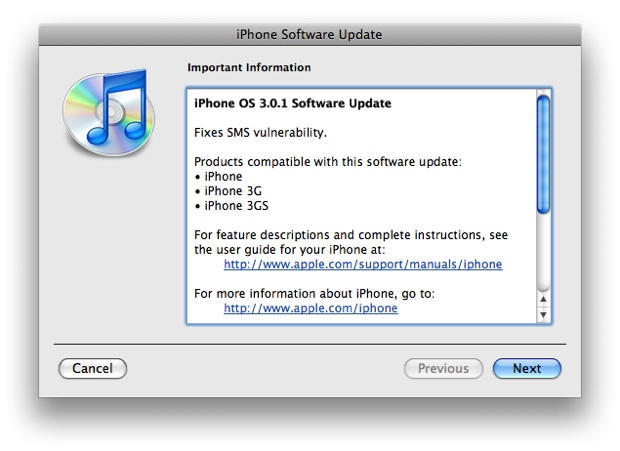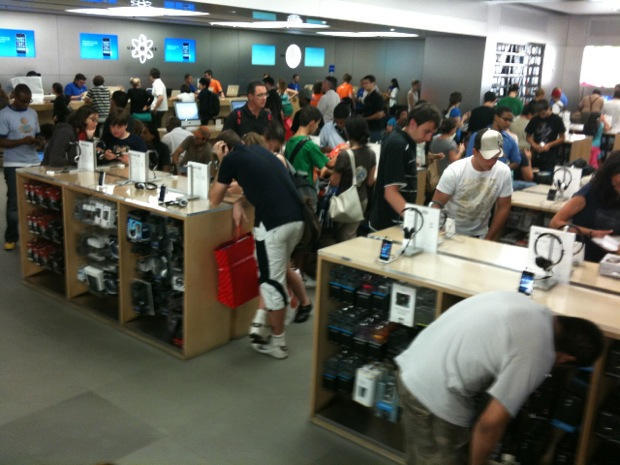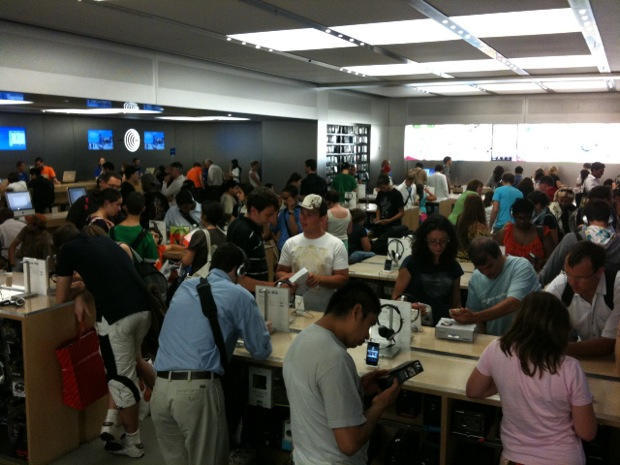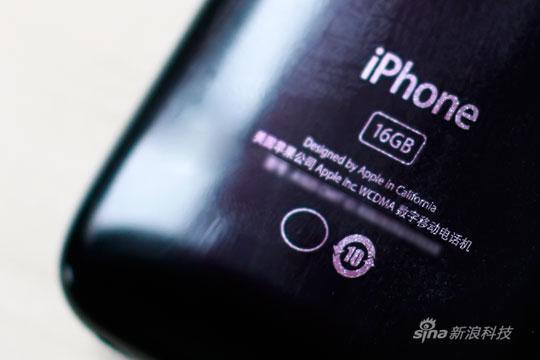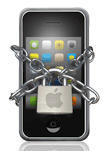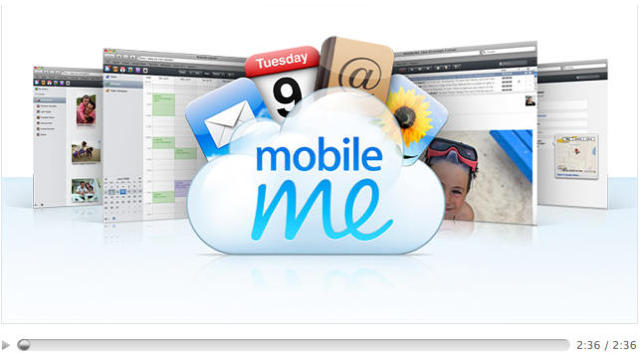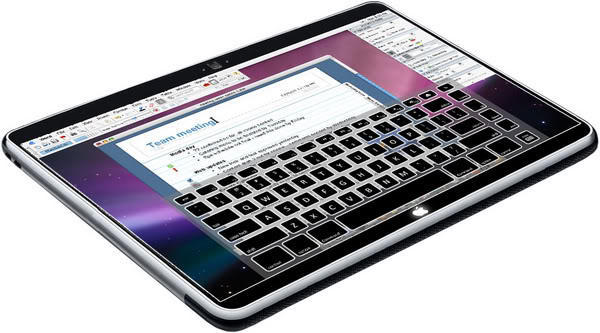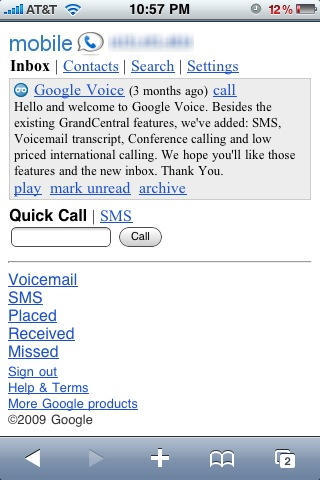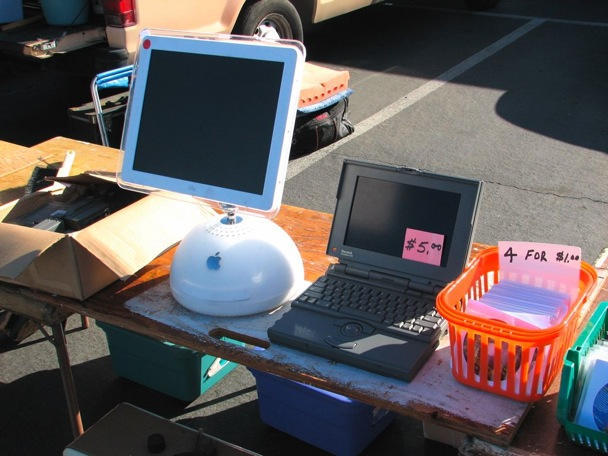For the second time in less than a week, news has leaked that Apple has rejected a Google app for the iPhone. First was the location-awareness tool Google Latitude (which is fun but just as good in a browser), and today came word that the official app for Google Voice has been turned down. Worse, two prior client apps for Google Voice, GV Mobile and Voice Central, have both been withdrawn from the App Store (though it appears Apple hasn’t deleted them from users’ phones; yet).
All of this is incredibly puzzling. Nothing has happened suddenly today that suggests in any way that Apple suddenly discovered new information that disqualified GV Mobile (which was approved personally by Phil Schiller) and Voice Central from sale. And this antagonism toward Google in general is deeply troubling. Yes, the official Google Voice app includes a dialer, as do the other apps, which technically replicates functionality on the iPhone. But so does Skype, and it’s still on sale. Apple also cited duplicate functionality as reason to reject Latitude, but no one sophisticated enough to use Latitude could possibly confuse it with the built-in Maps program.
And it’s all fairly pointless, anyway, because all of the functionality Apple might be obstructing by holding these apps back is available through Mobile Safari right now. Latitude is currently functional through a custom web app, and the Google Voice website can place calls and send free texts from the iPhone. It could use a new interface, but the full capability of the technology is there — I called my wife with it, and it works perfectly. Screenshot’s from my phone.
No, something else is going on here. And as I see it, it’s one of two possibilities. The first is that Apple is finally starting to feel some heat from Android (I know it’s ridiculous, but hear me out) and wants to prevent Google from dominating two mobile platforms. Actually, I’ll just reject this one. If Apple wants to stay ahead of Android, there’s no better tactic than to get great Google apps on the iPhone.
So that leaves the other alternative, spelled AT&T. We know, with some certainly that Ma Bell is the reason that SlingPlayer only works over WiFi on the iPhone, and we know that it, not Apple, wanted Skype kept off of 3G. Worse, we know that AT&T’s battered 3G network is struggling to keep up with the incredible data traffic generated by iPhones. Now, Google Voice isn’t data intensive, but it does allow you to send free text messages (AT&T charges 20 cents a pop) and insanely cheap international calling (India is 7 cents a minute, a full two cents cheaper than Skype). When your network is in trouble, you might as well make sure people don’t find ways to get around your punitive fees, right?
Now, if this were AT&T’s app store, I wouldn’t have a problem with the carrier dictating which apps were approved and which weren’t. But this is supposed to be Apple’s show. Worse, other phones on the AT&T network are allowed to get Google Voice, full SlingPlayer and other functionality that is being held off the iPhone for fear of the traffic burden. If AT&T is behind this, I understand it, but I’m incredibly frustrated. If Apple’s hand is on the switch, I have serious doubts about the company’s ability to hold onto a developer community much longer.
TechCrunch: Apple is Growing Rotten to the Core
TUAW: GV Mobile and Voice Control Pulled from App Store
Apple Screws Google Over ‘Latitude’ iPhone App
